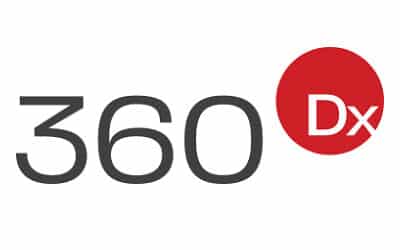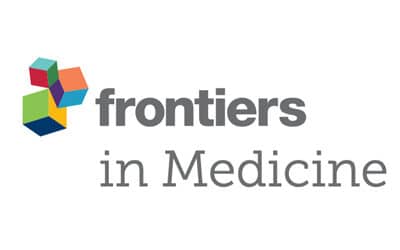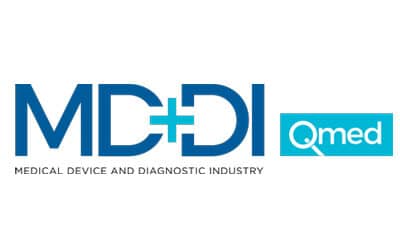Newsroom
Inflammatix in the news
Press releases
Machine learning blogs
By Kirindi Choi, Ljubomir Buturovic, Roland Luethy, Inflammatix, Inc. Introduction Recently, generative artificial intelligence (AI) models for text, images, and video have made major progress and achieved worldwide attention among experts and the public, including...
By Roland Luethy and Ljubomir Buturovic, Inflammatix, Inc. Introduction Typically, a clinical classifier generates a score that corresponds to likelihood of disease presence or future outcome. In order to facilitate decision-making, the score is sometimes converted to...
By Nandita Damaraju, Ljubomir Buturovic, Inflammatix, Inc. Are neural networks better than other machine learning algorithms on small tabular data? Introduction Deep Neural Networks (DNN) models outperform conventional machine learning algorithms on unstructured data...
By Nandita Damaraju, Inflammatix, Inc. Introduction Identification of optimal hyperparameters is an integral component for building robust accurate machine learning models. Hyperparameters control various aspects of a classification model such as learning rate,...
Podcasts
Diagnosing Infection with Ljubomir Buturovic from Inflammatix
December 2023
Advances in Sepsis Diagnostics: the HostDx Sepsis Platform
May 2018
Media Contact
media [at] inflammatix.com















